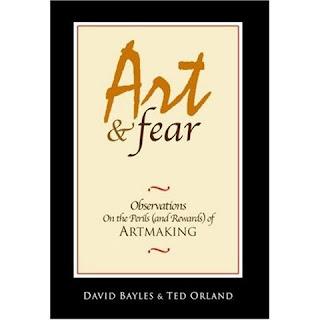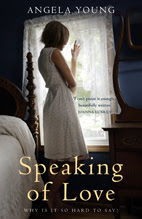It is strange what research throws up when you let yourself follow a curving line, isn't it? (I know, it could be called a MAT, but I don't think it counts.)
I was looking for information about icebergs, when this caught my eye and so I veered off course towards it. Hardy wrote it in 1912, that ill-fated year for an apparently unsinkable ship and her passengers:
The Convergence of the Twain
by Thomas Hardy
I
In a solitude of the sea
Deep from human vanity,
And the Pride of Life that planned her,
stilly couches she.
II
Steel chambers, late the pyres
Of her salamandrine fires,
Cold currents thrid,
and turn to rhythmic tidal lyres.
III
Over the mirrors meant
To glass the opulent
The sea-worm crawls-grotesque,
slimed, dumb, indifferent.
IV
Jewels in joy designed
To ravish the sensuous mind
Lie lightless,
all their sparkles bleared and black and blind.
V
Dim moon-eyed fishes near
Gaze at the gilded gear
And query: 'What does this vaingloriousness down here?'...

VI
... Well: while was fashioning
This creature of cleaving wing,
The Immanent Will that stirs and urges everything
VII
Prepared a sinister mate
For her - so gaily great -
A Shape of Ice, for the time far and dissociate.
VIII
And as the smart ship grew
In stature, grace, and hue,
In shadowy silent distance grew the Iceberg too.
IX
Alien they seemed to be:
No mortal eye could see
The intimate welding of their later history
X
Or sign that they were bent
by paths coincident
On being anon twin halves of one august event
XI
Till the Spinner of the Years
Said 'Now!'
And each one hears,
And consummation comes,
and jars two hemispheres.







 here
here





















 I'd like to hear what you think does work as well as what you think doesn't work, and if you've got any questions ask me them there, in the
I'd like to hear what you think does work as well as what you think doesn't work, and if you've got any questions ask me them there, in the 

















